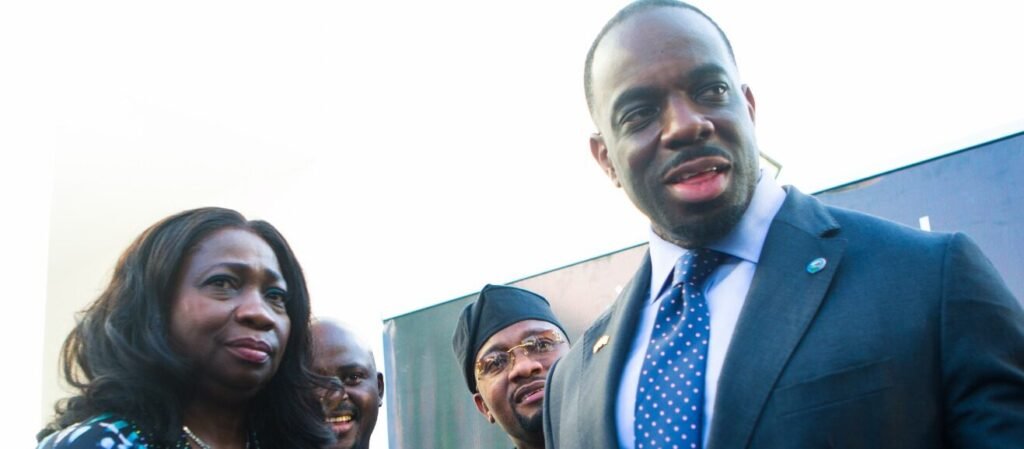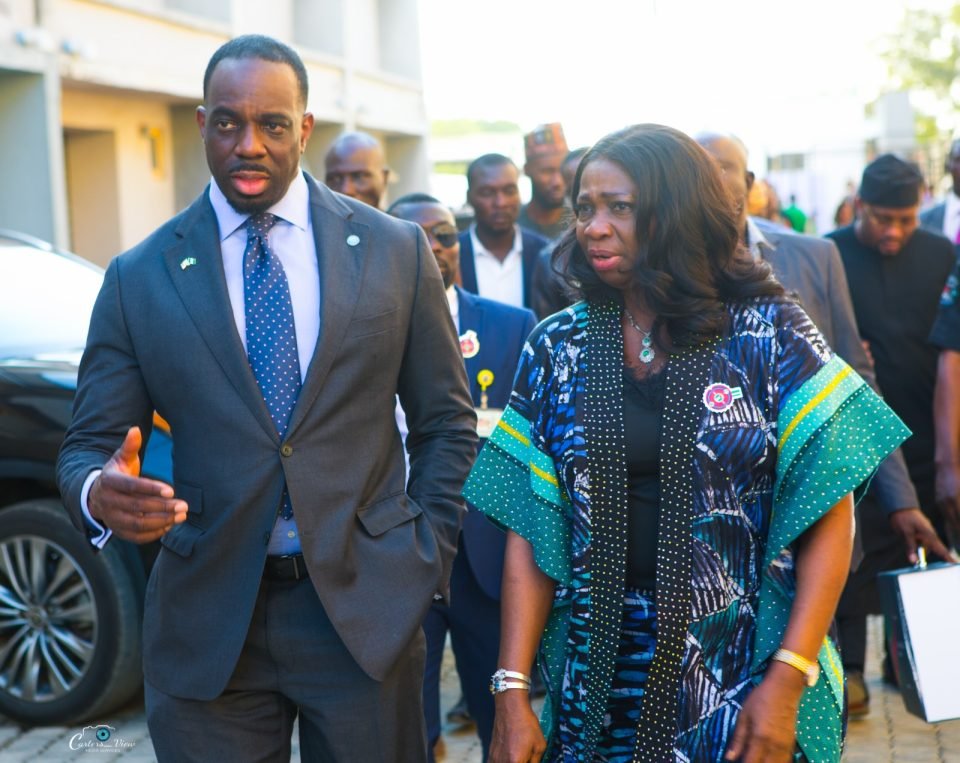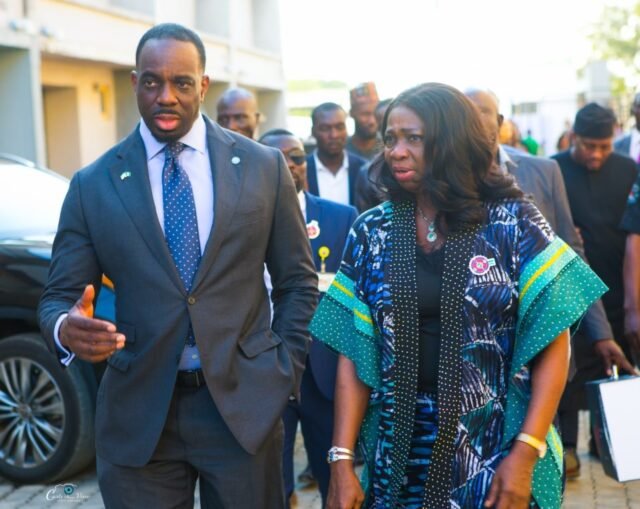In an exciting development for Nigeria’s investment landscape, the National Council on Climate Change (NCCC) in Abuja recently played host to a high-powered delegation from California. Led by the State’s Secretary for Transportation, Adetokunbo Omishakin, the team—which included government officials, business leaders, academics, and private sector innovators—arrived eager to deepen economic ties in areas ranging from climate action to creative industries.
NCCC Director-General Tenioye Majekodunmi warmly welcomed her Californian counterparts, pointing to Nigeria’s vast population of over 230 million as a tremendous consumer base and workforce—prime ingredients for sustainable economic growth. She seized the occasion to underscore the NCCC’s achievements since its establishment in 2021, notably Nigeria’s first Biennial Transparency Report, a draft of the updated Paris Agreement climate pledge, and the proposed National Climate Change Fund.
Table of Contents

Broad-Based Focus: Climate, Tech, Entertainment, Trade
The dialogue between both parties was broad and forward-looking. Secretary Omishakin articulated California’s willingness to share expertise in environmental leadership, green technology, and inclusive economic growth—areas in which the state has a 50-year track record of breaking new ground. The meeting delved into actionable sectors including climate-smart agriculture, plastic recycling, methane emissions reduction, and carbon markets—all identified as powerful levers to mobilise sustainable investments.
Adding to the momentum, stakeholders convened later in Lagos at a dinner hosted by George Etomi & Partners, where legal and business leaders emphasised Nigeria’s reformed, investor-friendly landscape. These reforms include revamped energy laws enabling decentralised renewable power, modernised company regulations allowing virtual meetings, streamlined arbitration and dispute resolution frameworks, and favourable tax incentives—including five-year tax-free periods for investors.
GEP’s Aderiike Aderemi unpacked how the amended Electricity Act and Nigeria Investment Promotion Act simplify business and safeguard capital transfer. Meanwhile, CAMA 2020 enables seamless governance, and the Tax Act 2025 offers VAT waivers and holidays—all creating a conducive environment for foreign investors.

Potential Partners and Shared Benefits
On the business side, Nigeria’s National Agency for Science and Engineering Infrastructure (NASENI) pledged its readiness to act as a local partner for Californian investments, especially in green technology commercialisation and technology transfer. From California’s delegation came representatives from the California Energy Commission, the University of California, Davis, and companies like Autodesk, SynBioBeta, and MEBO—all keen to explore Nigeria’s creative, technological and climate-resilient opportunities.
In Lagos, Femi Fadahunsi of GEP and notable industry voices, including Emmanuel Ikazabor of the Metropolitan Club, emphasised Nigeria’s readiness and Nigeria’s demand for fresh foreign direct investments. They asserted that Nigeria was now fertile ground for innovation across fintech, entertainment, clean energy and infrastructure. PwC’s Kolawale Odunlami cited strong market indicators, such as a ₦90 trillion market capitalisation and oil output of 1.55 million barrels per day. Despite inflation rising, he noted, monetary policy moves were stabilising the environment. The Lagos Chamber of Commerce’s Dr Sunny Omeiza added that sectors like ICT, real estate and construction are beginning to shape the domestic economic horizon.

A Hope-Rich Future: Where Nigeria Meets California
This marks a pivotal moment in Nigeria’s New Hope Agenda. With dynamic legal reforms, vibrant institutional support, and eager Californian collaborators, both economies are positioning for a meaningful partnership. Whether it’s in entertainment, climate tech, or trade, the seeds of collaboration are now firmly planted.
For Nigeria, the collaboration represents a chance to leverage California’s global leadership in both innovation and green growth. For California, it’s a pathway to engage Africa’s most populous economy—strengthening economic ties through shared solutions for the future. If these early dialogues lead to tangible projects, we may well witness a new era in cross-continental investment and sustainable development.
Join Our Social Media Channels:
WhatsApp: NaijaEyes
Facebook: NaijaEyes
Twitter: NaijaEyes
Instagram: NaijaEyes
TikTok: NaijaEyes





